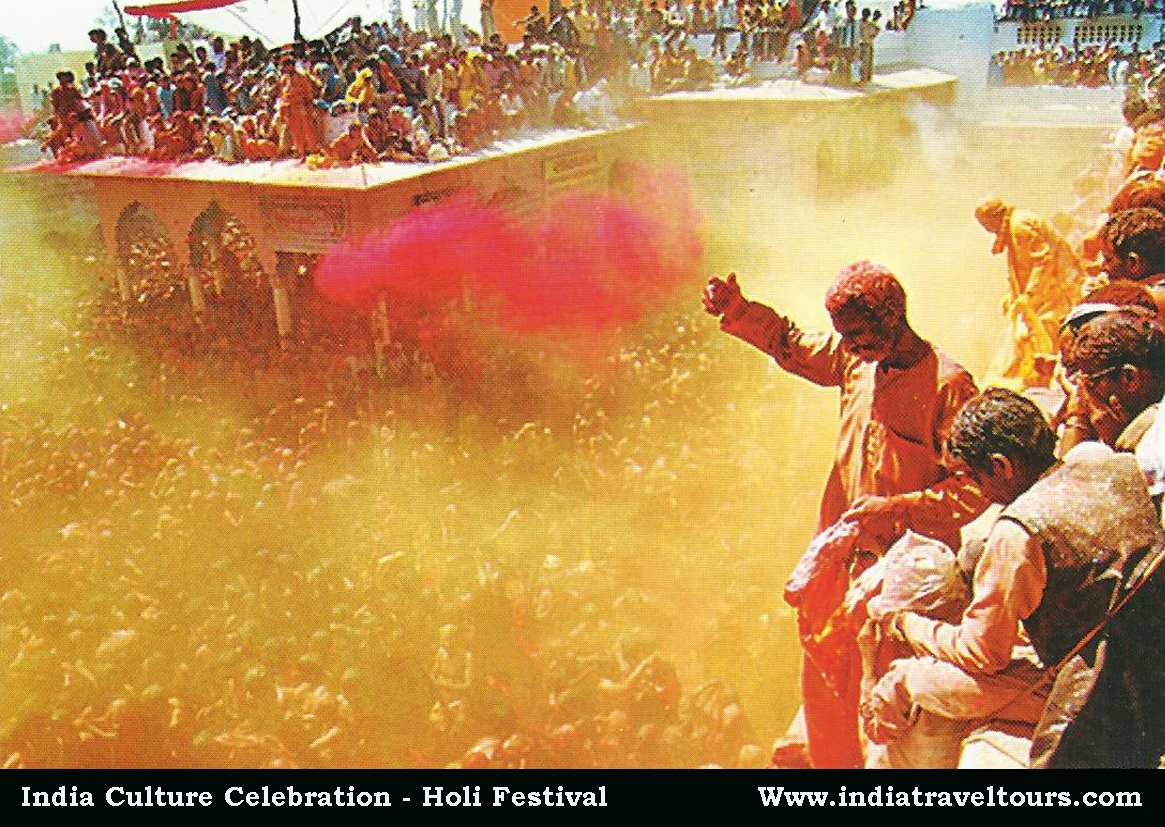Representing a 5,000 old ancient civilization, India is today a modern nation. Over the millennia, it has suffered ravages of time, but has preserved its pluralistic heritage. Despite insidious efforts by many a fanatic, India has never bothered to present a monolithic cultural expression and neither there is any such possibility in future.
Over its long fractious history, India has witnessed monarchies and republics, cruel despots and philosopher kings who were loved and cherished by their subjects. The sub-continent known as South Asia was never a single political entity, but as a civilization, it was forever one, with its enormous diversity coalescing into a single national ethos. As with cultural diversity, so with political rivalries, its sheer size and a large population ensured a non-stop political churning resulting into an amalgam of several States, who could never provide a solid phalanx to the invading armies, who came in hordes, hearing about the magical riches of the people. The relentless external invasions provided an opportunity for the people of this land to get exposed to a wide array of enriching stimuli, and conferred incomprehensible richness to the cultural mosaic of India. It goes to the genius of Indian society that instead of being disillusioned, it has managed to reinterpret, innovate and blend the diverse alien traditions, mores and corpus of knowledge and art expressions from its intruders to coalesce a unique cosmopolitan brand of its own, which is evident in a multitude of languages, arts and architectural styles.
In short, this spectrum of cultural beliefs has been distilled by India into a unique value system, weaving a cultural tapestry of unimaginable beauty, drawing upon its diversity and pluralism. India promulgated a secular constitution in 1947, just as was done by Pakistan, but secularism happens to be the warp and weft of a predominantly Hindu society, which is the fundamental guarantee of security to people of every faith, by ensuring freedom of belief and profession. It’s pluralistic ethos has ethics not only to its continuity as a civilization, or its survival as a nation, but as a matter of fact, India has emerged richer after every encounter in the range and diversity of its cultural spectrum, or to its growth as a major vibrant democracy, geopolitically located amidst perennial bloody coups and military dictatorships.
In recent decades, India has gradually emerged as world’s leading knowledge economy. Its widely held image has been transformed accordingly. Once upon a time, the west perceived it as the land of magic, snake charmers and sadhus, but today, India is positioning itself as a major fountainhead of human resource which is capable of sustaining the global IT revolution, or spearheading the global economy, what with its sons and daughters working at the cutting edge level in almost all domains of human endeavor. In short, one can say that India is not only a country with a hoary past, but also having a bright future!
Indian Culture
Keeping in view its millennia old history, India happens to be one of the leading ancient civilizations with its rich cultural past. The Indian ethos is about a scrupulous following of the traditions, but also seeking to reinterpret and renew its traditions almost at every step, about loud and colorful celebration of festivals and marriages, but also constantly striving for the spiritual tranquility, about exploring all corners of the world in pursuit of material happiness, but also engaging with the divine at the feet of the parents and the guru, practicing for decades in isolation in search of perfection in their practice of classical music, but spontaneously breaking into Bollywood style tap-tap of the raucous Indipop. Now a day’s Indian culture is the main purpose for tours in India for travelers from all over the world.
Ancient Indian Society & Culture
The pluralistic heritage of India is evident from the emergence of two major world religions in India with the birth of Gautam Buddha (563-483 BCE) and Mahavira (599-527 BCE), who could expound their beliefs and propound their incipient dharma in a predominantly Hindu society. Instead of any reaction to their teachings which were often at variance with the Hindu dogma, both of them were accepted as a part of the pluralistic ethos.

